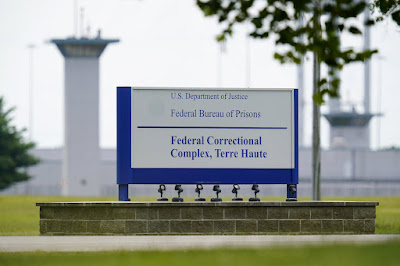Campaigners have welcomed a resolution passed in the European parliament condemning Saudi Arabia's use of the death penalty, particularly against child offenders.
The resolution, passed with an overwhelmingly majority on Thursday, partly focused on the cases of Mustafa Hashem al-Darwish and Abdullah al-Howaiti.
Darwish, who was arrested in 2015, was executed last month over charges relating to protests in Saudi Arabia's Eastern Province which he took part in when he was 17.
Howaiti, who is still on death row, was arrested when he was 14 years old and sentenced to death at 17. His case is currently being considered by Saudi Arabia's Supreme Court – after which his execution could be imminent.
The parliament said it strongly condemned the kingdom's "ongoing execution of child offenders despite its claims that it has abolished such executions" and called on Saudi Arabia to confirm that child offenders on death row would not be executed, "that ‘confessions’ extracted under torture will be excluded from their cases, and that all child offenders will be granted a fair trial without the imposition of the death penalty."
'We suffer from a problem in the judiciary, due to its lack of justice and independence. The government has the ability to find alternative rulings if it’s willing, but it isn’t' - Taha Hajji, lawyer
The resolution also called for EU member states to "suspend all EU exports of mass surveillance technology" and other items that could be used in internal repression, to Saudi Arabia.
It noted that there were currently around 9 child offenders still on death row in the kingdom.
In 2020, the kingdom announced that it would abolish the death penalty for minors in the kingdom, stating in October that “no-one in Saudi Arabia will be executed for a crime committed as a minor.”
In March, the kingdom commuted the death sentence for a number of child offenders, including Ali al-Nimr, Dawood al-Marhoun and Abdullah al-Zaher.
However, there are still a number of child offenders facing the death penalty, with Saudi authorities confirming in April that those sentenced for hudud and qisas offences – defined by the kingdom as "wilful killing and wilful assault" – would still be eligible for execution.
Taha Hajji, a lawyer who represents Nimr and his family, told Middle East Eye that he welcomed the new European Parliament resolution and hoped it would have some impact.
"Such a decision is an acknowledgment by this body of the importance of continuing international diplomatic and political pressure," he said.
"We hope that it will lead to this desired pressure in order to stop the death sentences and save the victims – whether they are minors or adults, whether it is a political or criminal execution, whether it is a punitive sentence, a punishment sentence, or a retribution sentence."
Hundreds of executions
Nimr's uncle, the popular Shia cleric Nimr al-Nimr, was executed in 2016, leading to a major international outcry. Demonstrators in Iran torched the Saudi embassy in the country.
Since then, the kingdom has carried out hundreds of executions, with 184 killed in 2019 alone, and at least 26 carried out in 2021 so far.
In April 2019, 6 young men sentenced to death for crimes committed as children were among those killed in a mass execution of 37 people.
Hajji said the kingdom's more frequent use of the death penalty was "terrifying" but pointed out that ultimately the decision to carry out capital punishment was a political one.
"We suffer from a problem in the judiciary, due to its lack of justice and independence," he said.
"The government has the ability to find alternative rulings if it’s willing, but it isn’t."
In 2020, according to Amnesty International, Saudi Arabia, Iran, Egypt and Iraq together accounted for 88 % of known global executions.
Harriet McCulloch, deputy director of rights group Reprieve, told MEE that the European Parliament resolution was the "clearest indication yet" that the kingdom's public image was slipping.
“For 5 years now, the Saudi authorities have been falsely telling the world that they have stopped executing people for childhood crimes," she said.
"This resolution from the European Parliament is the clearest indication yet that the kingdom’s partners aren’t buying the public relations campaign and will judge Saudi Arabia on its actions, not its words."
"The current US and UK administrations both talk about raising human rights issues with their Saudi counterparts, but until they state unequivocally that there will be consequences if Abdullah [al-Howaiti] is executed, in violation of international law, he remains at risk.”
Source: Middle East Eye, Staff, July 9, 2021
🚩 | Report an error, an omission, a typo; suggest a story or a new angle to an existing story; submit a piece, a comment; recommend a resource; contact the webmaster, contact us:
deathpenaltynews@gmail.com.
Opposed to Capital Punishment? Help us keep this blog up and running! DONATE!
"One is absolutely sickened, not by the crimes that the wicked have committed,
but by the punishments that the good have inflicted." -- Oscar Wilde
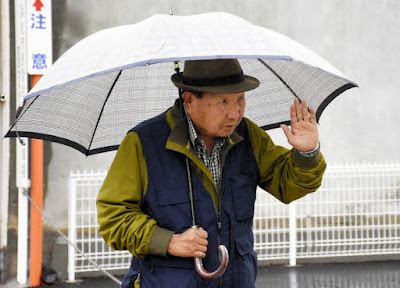



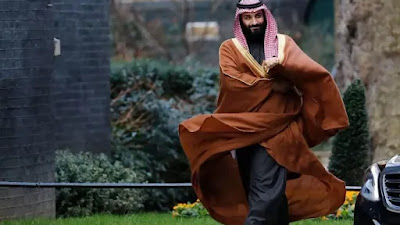
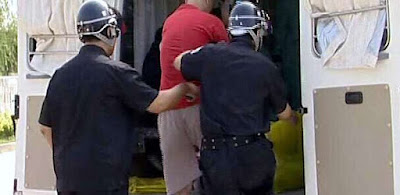
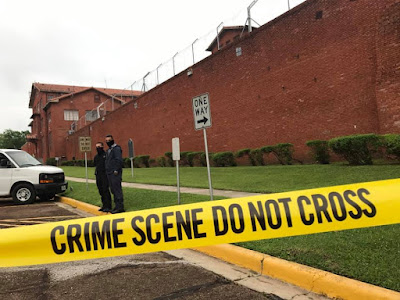


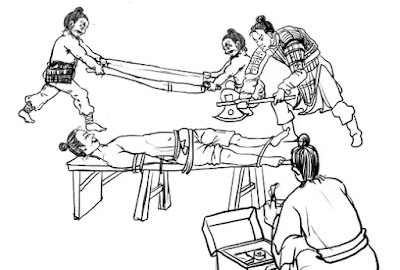

.jpg)
